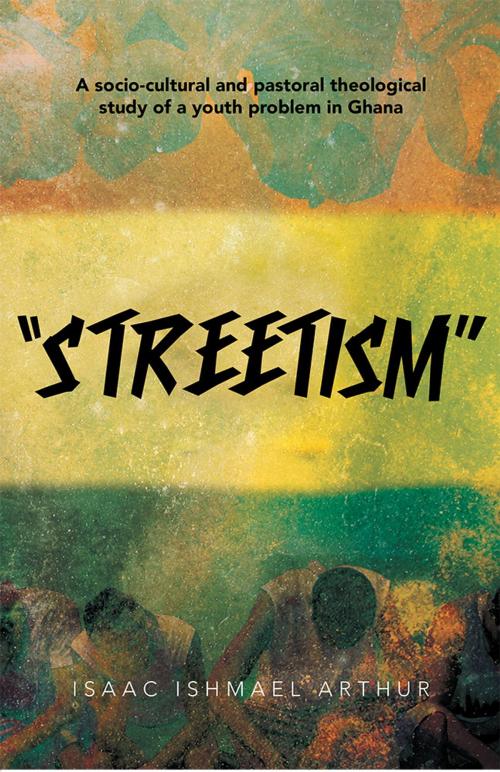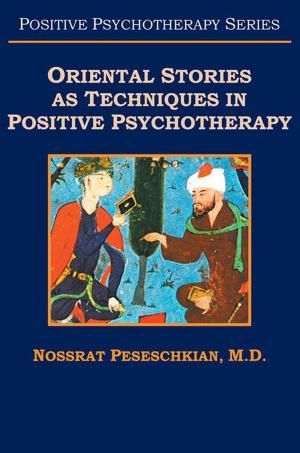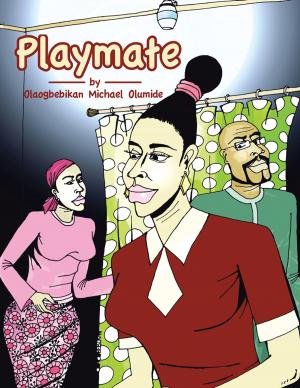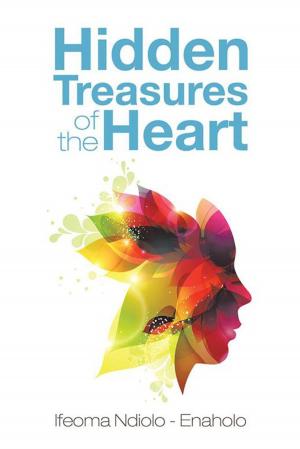“Streetism”
A Socio-Cultural and Pastoral Theological Study of a Youth Problem in Ghana
Nonfiction, Reference & Language, Education & Teaching| Author: | Isaac Ishmael Arthur | ISBN: | 9781491801390 |
| Publisher: | AuthorHouse UK | Publication: | September 10, 2013 |
| Imprint: | AuthorHouse UK | Language: | English |
| Author: | Isaac Ishmael Arthur |
| ISBN: | 9781491801390 |
| Publisher: | AuthorHouse UK |
| Publication: | September 10, 2013 |
| Imprint: | AuthorHouse UK |
| Language: | English |
This book is a study that investigates the phenomenon of streetismthe manner of life of homeless or unmonitored youth on the streets of Accra, Ghana, and other urban centers in a country where barrenness and childlessness are socially undesirable. The study utilizes a qualitative, ethnographic, and critical theory-based approach to present a socio-culturally nuanced addition to the literature on street children. The work engages in theological reflection on the basis of the experiences of poverty and marginalization of the youth on the streets and for their liberation. This thesis also utilizes an intercultural methodology to examine the causes of streetism and liberation praxis for its eradication. The findings of the study include how poverty, dropping out of school, breakdown of the extended family systems, parental death, urbanization, adventure, and earning of personal income influence the migration of youth to the streets. The study also examines the effects of rape and the resilient and hopeful attitudes of the homeless youth. The study proposes pastoral responses on three ecological levels. At the macro level, advocacy is proposed for addressing the problems embedded in social structures, and government policies and ideologies. At the meso-level congregational and community response is offered to deal with issues emanating from local communities and institutions. Dealing with the psychosocial effects at the micro level, the study offers pastoral counseling for street youth and parents, and individual, group, and narrative counseling approaches for individuals and groups within the community.
This book is a study that investigates the phenomenon of streetismthe manner of life of homeless or unmonitored youth on the streets of Accra, Ghana, and other urban centers in a country where barrenness and childlessness are socially undesirable. The study utilizes a qualitative, ethnographic, and critical theory-based approach to present a socio-culturally nuanced addition to the literature on street children. The work engages in theological reflection on the basis of the experiences of poverty and marginalization of the youth on the streets and for their liberation. This thesis also utilizes an intercultural methodology to examine the causes of streetism and liberation praxis for its eradication. The findings of the study include how poverty, dropping out of school, breakdown of the extended family systems, parental death, urbanization, adventure, and earning of personal income influence the migration of youth to the streets. The study also examines the effects of rape and the resilient and hopeful attitudes of the homeless youth. The study proposes pastoral responses on three ecological levels. At the macro level, advocacy is proposed for addressing the problems embedded in social structures, and government policies and ideologies. At the meso-level congregational and community response is offered to deal with issues emanating from local communities and institutions. Dealing with the psychosocial effects at the micro level, the study offers pastoral counseling for street youth and parents, and individual, group, and narrative counseling approaches for individuals and groups within the community.















